The Crimean "Trophy Economy". The Sale of Ukrainian Property
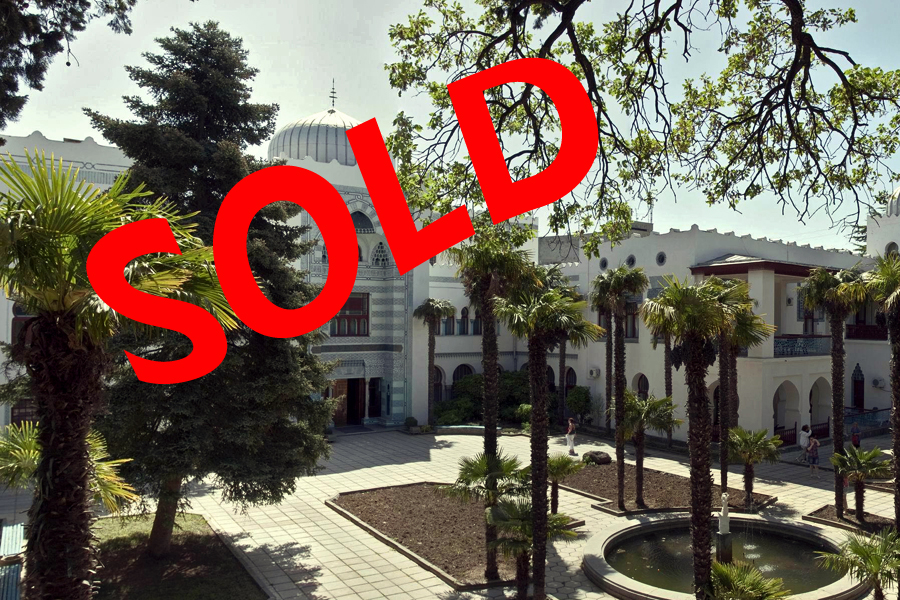
The Monitoring Group of BlackSeaNews
and the Black Sea Institute of Strategic Studies
presents an updated series of articles
«The Socio-Economic Situation in Occupied Crimea in 2014 – 2020»:
Back in the USSR. The Reverse Restructuring of the Crimean Economy
The "Trophy Economy". Militarization as a Factor of Industrial Growth
The "Trophy Economy". The Development of the Stolen Ukrainian Black Sea Shelf
The Commercial Exploitation of Marine Biological Resources
The Crimean "Trophy Economy". The Sale of Ukrainian Property
Occupied Crimea. Exports and Imports in 2014-2020
The Banking System and Investment in Crimea: What is Really Happening on the Occupied Peninsula
Water in Occupied Crimea: No Catastrophe. Just a 50-Year Step Backwards
The Crimean Budget. Small Business. Salaries and Pensions
* * *
Since the first months of the annexation of Crimea, the attitude towards property rights on the occupied peninsula has been defined by the general logic of the territory seized to be used as a military base, or what we refer to as the "trophy economy". The latter is characterized not only by gross violations of the legal norms established in the civilized world but by the complete neglect thereof.
This applies not only to enterprises of the military-industrial complex, resources of the Ukrainian shelf, and marine biological resources discussed in the previous sections. Large-scale expropriation of all state-owned property of Ukraine on the territory of Crimea, which has been cynically called "nationalization", has been carried out.
The list of the expropriated Ukrainian property includes more than 200 health retreats, all ports, airports, water supply and energy facilities, railways, wineries, elevators, agricultural enterprises. The famous Nikitskyi Botanical Garden, Artek International Children's Centre, unique nature reserves have also been expropriated.
The expropriation, however, has not been limited to state-owned Ukrainian property. The facilities belonging to trade unions, community organizations, universities, the Academy of Sciences have also been "nationalized. Moreover, illegal takeovers of private companies are taking place.
Initially, the facilities belonging to Ukraine were considered the "property of the Republic of Crimea".
In 2014, the Crimean occupation authorities decided to "nationalize" at least 400 facilities owned by the Ukrainian state in Crimea. The official Ukrainian statistics on the subject have not yet been released because during the occupation the documents of the State Property Fund of Ukraine in the Autonomous Republic of Crimea were lost.
But as early as the end of 2014, all pretence was dropped and the direct transfer of stolen property to various Russian state bodies, such as the Administrative Directorate of the President of the Russian Federation, the Government of the Russian Federation, the FSB, the Ministry of Defence, the United Shipbuilding Corporation, began.
The nature reserves, wineries, vineyards, state residences, and health retreats on the South coast of Crimea have been "transferred" to the Administrative Directorate of the President of the Russian Federation. Among those were the Crimean Natural Reserve, the Swan Islands Nature Reserve, the historic palaces of Princes Yusupov and Golitsyn, four state residences, and the Masandra winery with its eight branches including wineries and vineyards.
The list of the “transferred” facilities also includes the unique state-owned health retreats such as Alushtynskyi, Hurzufskyi, Zori Ukrainy, Nyzhnia Oreanda, and Pivdennyi; the trade unions’ health retreats Kurpaty, Miskhor, and Ai-Petri; the private health retreat and unique botanical garden Aivazovske; the state-owned children’s holiday centres Veselka and Rosiia in Bakhchysarai and Yevpatoriia respectively. All of the above-mentioned facilities are located in unique places, have areas of tens, hundreds, and thousands of hectares, and their market value under normal conditions is in the tens and hundreds of millions of dollars.
According to the laws of the Russian Federation, nationalization stipulates the payment of compensation. However, in 2014, the "strategic importance of an enterprise" or claims that "an enterprise did not conduct business" were used in occupied Crimea as a reason for nationalization without compensation. In 2015, another excuse for the nationalization became common, namely that the deadline set by the occupation authorities for re-registering the enterprises under the Russian legislation expired on 1 March 2015.
The next stage involved selling off part of the property expropriated in Crimea. We give just the most striking and typical examples below.
In 2016, the Foros health retreat from the "list of the Ukrainian businessman Kolomoisky" was acquired by the Federation of Trade Unions of the Republic of Tatarstan, which, according to Russian sources, could not have possibly had the 1.4 billion roubles needed to buy the facility. Later, the Chairman of the Federation of Independent Trade Unions of Russia Mikhail Shmakov admitted that the trade unions had acted as an intermediary in the deal, having received funds from large regional companies, most likely, KAMAZ, Tatneft, and petrochemical enterprises that didn't want to be put on sanctions lists.
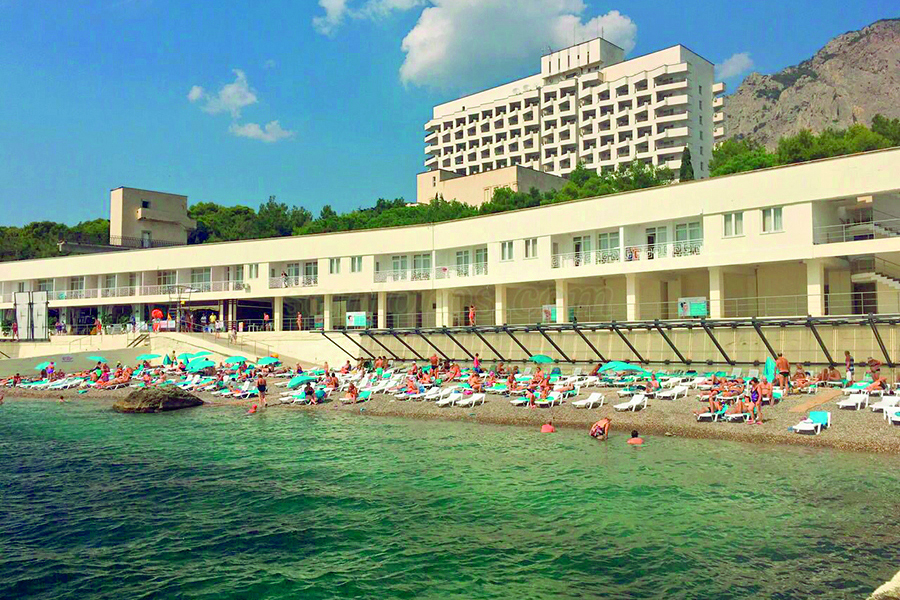
the Federation of Trade Unions of Tatarstan. Photo: BlackSeaNews Archive
In 2017, among the stolen property, three well-known health retreats on the South coast of Crimea, Diulber owned by the Administrative Directorate of the Verkhovna Rada of Ukraine and two health retreats of the Ukrainian trade unions, Miskhor and Ai-Petri, were put up for sale, as well as 5 other health retreats and children’s camps.
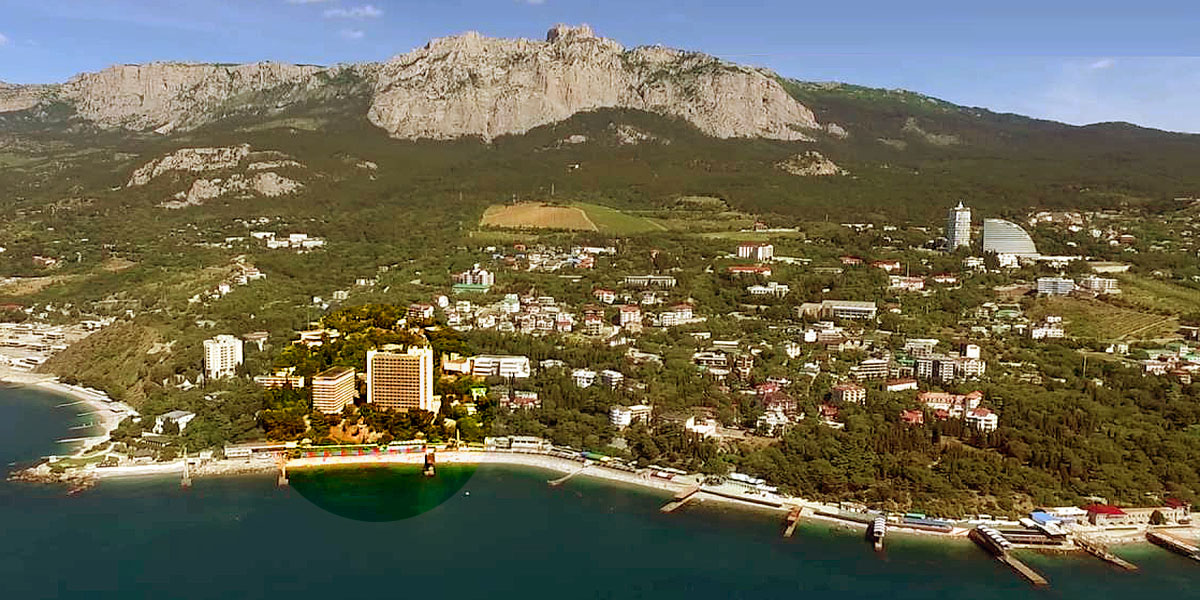
5.7 hectares of park, 1 hectare of beach, sold for 416.4 million roubles in 2018
At first, only two holiday centres found their buyers, Enerhetyk in the urban-type settlement of Mykolaivka and Gornyi in Yalta, both owned by Ukrainian state enterprises. The Miskhor, Ai-Petri, and Diulber health retreats were bought at the second attempt by the firm of the former Commander of the Missile Troops and Artillery of the RF Colonel-General Vladimir Zaritsky.
The Miskhor health retreat with a park area of 3 hectares cost the company 380 million roubles, Ai-Petri (5.7 hectares and 1 hectare of beach) – 416.4 million roubles, Diulber (the area is 22.34 hectares, the former palace of the Grand Duke and a member of the imperial family) – 702.7 million roubles.
The famous Novyi Svit Champagne Winery sold in December 2017 became the first major deal in the "privatization" of Ukraine's state property in Crimea. The actual buyer of the plant was Yury Kovalchuk, a businessman under sanctions and the main owner of the Rossiya bank (also under sanctions), who is very close to Putin. It was the Rossiya bank’s subsidiary that bought the stolen winery for 1.5 billion roubles. Note that it was not an isolated instance but rather a marker for a future trend.
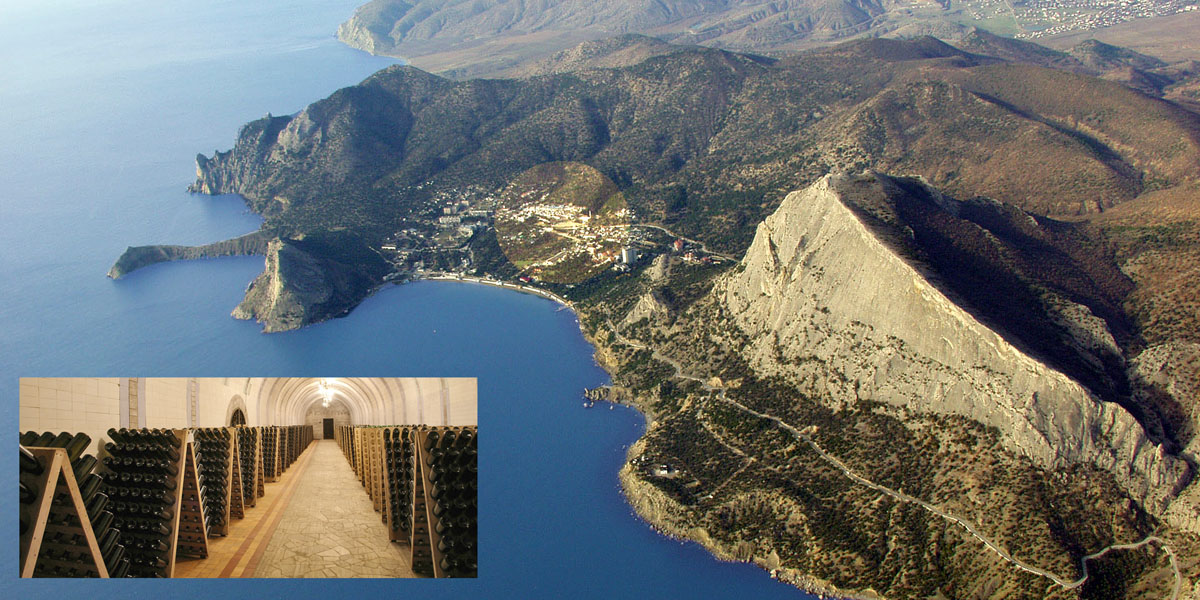
In October 2020, the occupation government of Crimea decided to auction off the seized National Production and Agrarian Association Masandra (the Masandra Winery) owned by the state of Ukraine, which includes 8 large producers of grapes and wine on the Crimean coast from Yalta to Sudak and 12 wineries. Masandra's wine collection (about 1 million bottles) is one of the largest in the world and was listed in The Guinness Book of Records in 1998. Masandra is one of the largest enterprises in Europe specializing in growing grapes and producing high-quality vintage wines.
At the same time, the failure to sell many of the expropriated Ukrainian health retreats has resulted in the practice of transferring these facilities into the ownership or management of the republics of the RF, such as Tatarstan, Chechnya, Ingushetia, Bashkortostan, free of charge.
In 2017, the children's camp Krymkoopspilka in Alushta was transferred to the government of Chechnya, and the children's cardiologic health retreat Yuvileinyi in Yevpatoriia – to Bashkortostan. In 2018, a children's health retreat Pioner near Yevpatoriia with a park of 12 hectares and a beach of 1.4 hectares was transferred to Ingushetia.
The occupation authorities of Crimea certainly understand the toxicity of the re-sold stolen property to the new buyers. Therefore, to cover the tracks of the re-sold booty, in addition to the "privatization" organized by the occupation "Ministry of the Property and Land Resources", Russia is actively using the tactics of property "alienation". That is the business of the specially created "Property Disposal Directorate of the Republic of Crimea", which is in charge of 47 facilities offered for sale. The "know-how" of the directorate is combining separate property parts belonging to different Ukrainian owners into one object for sale.
In November 2018, it was that directorate that sold the buildings of the Livadia health retreat in Yalta owned by the trade unions of Ukraine, including several buildings of the Livadia Palace, where the famous Yalta Conference, a meeting of the Big Three, was held in 1945. The buildings were sold to the Russian businessman Konstantin Malofeev for 509.6 million roubles.
In 2019, the same directorate sold the presidential state residence No1 Hlitsyniia famous as the favourite vacation spot of the leaders of the USSR. The property is owned by Ukraine and was managed by the State Management of Affairs of the President of Ukraine. The cost was 1.2 billion roubles; the buyer has not been disclosed. After the occupation of Crimea, it was handed over to the Federal Security Service of the Russian Federation.
Besides, as mentioned above, intermediary buyers are being used.
The government of the Russian Federation will increasingly put pressure on the Crimean occupation authorities to sell off the Ukrainian property as soon as possible to at least somewhat reduce the Russian burden of maintaining the peninsula. But at the same time, the Russian business understands that booty property of Ukraine and its residents in Crimea is a toxic asset. Therefore, the forecast that the Ukrainian property in Crimea will be purchased by those Russian individuals and entities that are already on the “Crimean” and other US sanctions lists still holds true.
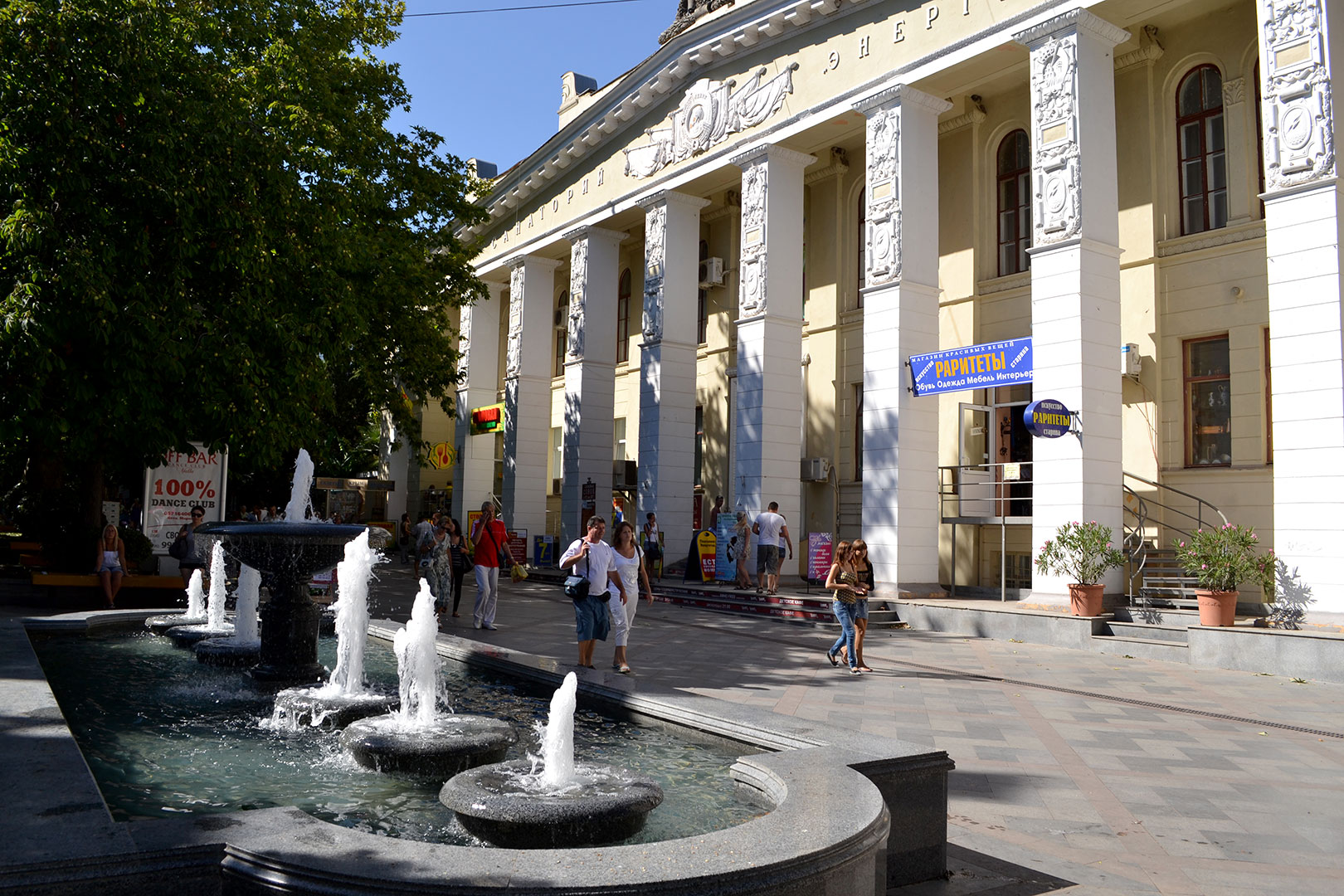
Sold to OOO Virsaviya, the sole auction bidder, on 13 December 2017.
* * *
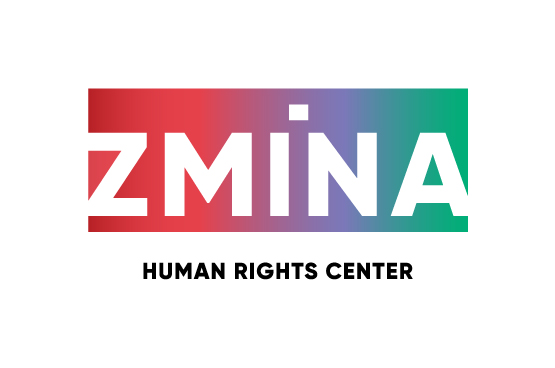
This article has been published with the support of ZMINA
Human Rights Centre.
The content of the article is the sole responsibility of the authors.
More on the topic
- 21.08.2023 Peculiarities of the 2023 Crimean Holiday Season — a «Tourism» in Camouflage
- 06.08.2023 Crimea During the Great War. Part 2. Extreme Tourism or «New Types of Tourism» and Tourist Numbers (2)
- 21.07.2023 Crimean Titan: Under a Russian Holding or a Ukrainian Tank?
- 12.06.2023 Crimea during the Great War. The situation in the occupied Crimea in 2022-2023. Military Context (1)
- 23.11.2021 Occupied Crimea. Exports and Imports / 2014-2021
- 23.11.2021 Water in Occupied Crimea / 2014-2021
- 23.11.2021 The Crimean Budget. Small Business. Salaries and Pensions / 2014-2021
- 23.11.2021 The "Trophy Economy". The Commercial Exploitation of Marine Biological Resources in the Black Sea and the Sea of Azov / 2014–2021
- 21.11.2021 The "Trophy Economy". Militarization as a Factor of Industrial Growth / 2014-2021
- 21.11.2021 Back in the USSR. The Reverse Restructuring of the Crimean Economy / 2014-2021
- 20.11.2021 The "Trophy Economy". The Development of the Stolen Ukrainian Black Sea Shelf / 2014-2021
- 20.11.2021 The Occupied Crimean Tourism / 2014-2021